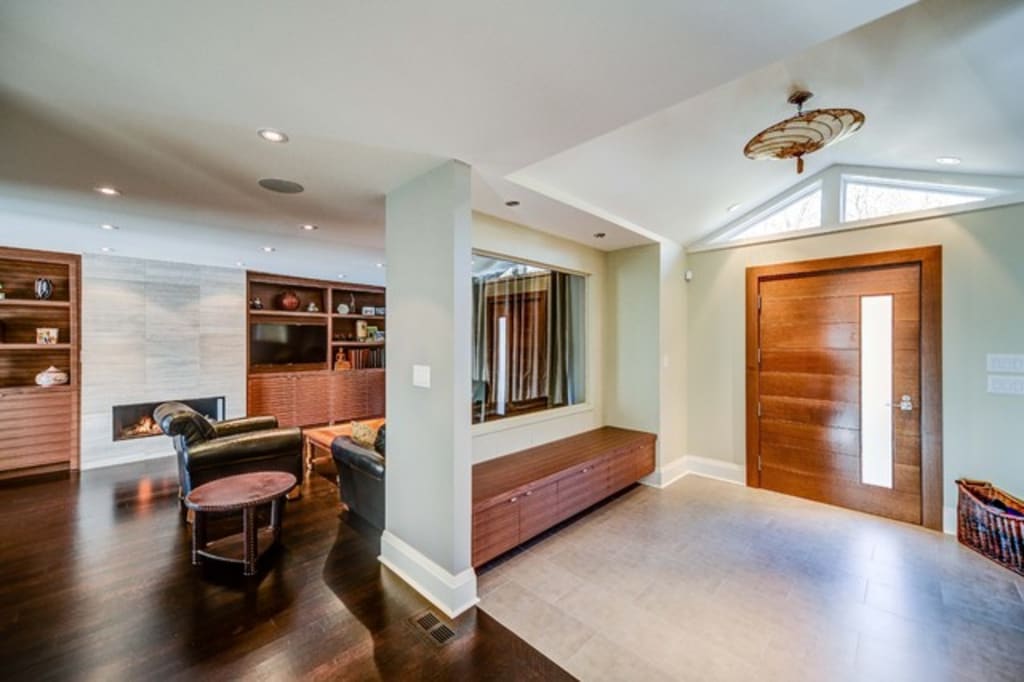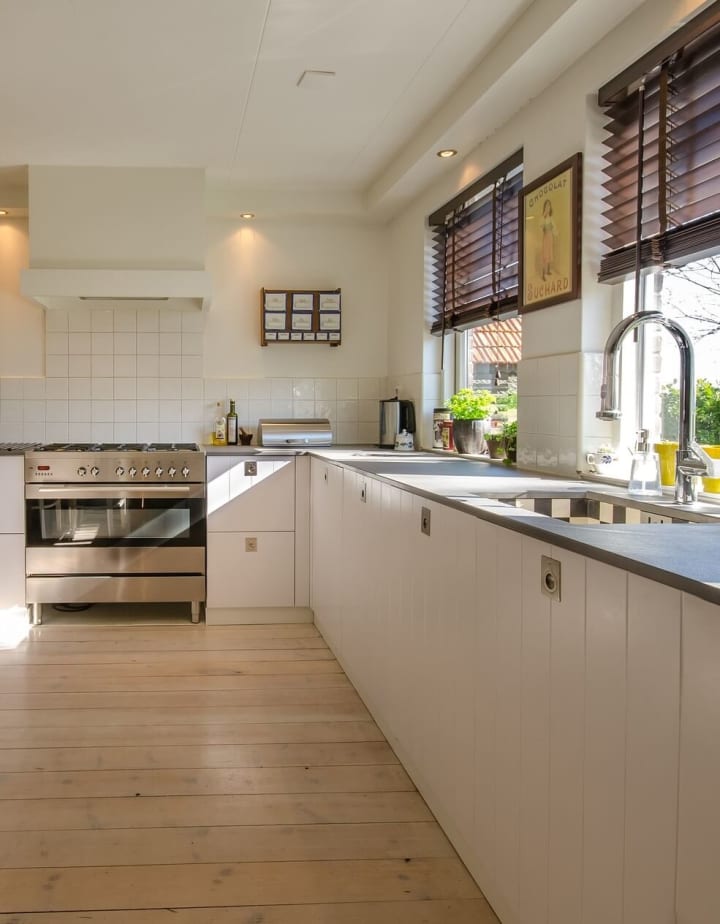No-Nonsense Tips for a Dust-Free, Tidy Home
How to Keep Your Home Dust and Clutter-Free

Over the years, many studies have been commissioned to explore the correlation that exists between a neat and tidy home and optimal mental wellbeing.
One particular study conducted by Princeton University researchers found that clutter had a practical impact on the human ability to focus and concentrate.
More specifically, the study discovered that an individual’s visual cortex can be easily overwhelmed by objects that aren’t related to a specific task, distracting the mind and drawing the eye away from a central focus.
So, it seems as though a tidy, clean and clutter-free home can be positive for your mental wellbeing and ability to focus. The question that remains, of course, is how can you maintain this type of interior and negate the challenges posed by procrastination? Here’s our no-nonsense tips for a tidy home!
Embracing Minimalism and its Obvious Benefits
Minimalism is defined as a style or ethos that’s characterised by overt spareness and simplicity. It can be applied to many different aspects of life and design, but is still most commonly associated with the fundamental principles of home organisation.
Certainly, embracing minimalism in home organisation can help to reduce the practical and visual clutter in your home, optimising both the space and the illusion of space in the process. As we’ve already touched on, this has the potential to create a clearer and more focused mind, which is less likely to be burdened by stress and anxiety.
Even from a practical perspective, a minimalist design ethos will feature less material possessions, fixtures and fittings. The fewer surfaces you have in your home, the less likely they are to accumulate dust, which is detritus left behind by fine particles of larger objectives that subsequently flake away.
There are plenty of benefits of a dust-free home, particularly as removing such debris from your property can reduce the presence of allergens and mould all year round.
If we accept that minimalism also diverts you away from consumerism and requires you to focus on the purchase of essential items (or simply those that add tangible value to your home and lifestyle), it stands to reason that this mindset should also reduce unnecessary expenses and create the opportunity to make sustainable financial savings over time.
For example, a minimalist may look to discard or recycle old items when buying something new, whether this is a direct upgrade or simply a possession that’s no longer fit for purpose. They’re also likely to invest in high quality and durable items, which will last longer and may even serve multiple purposes in the home.
Addressing the “Use It, Stash It” Rule

You may also have heard of the "use it, stash it" rule for tidiness, which ensures that every item in your home as its own place and is consistently stored away after usage. Of course, it’s much easier to abide by this rule if you’re a minimalist, while this definitely means that you’ll spend less time searching for items or cleaning your home at the end of each day.
This will certainly ensure that all surfaces are kept clear, creating a tidier and more aesthetically pleasing space that’s highly organised, relaxing and easy to maintain.
The key challenge here stems from the initial organisation, as every material possession must have its own specified and logical space that makes it easier to find. So, take time to first evaluate your inventory and discard any items you no longer need, before investing in hidden and adequate storage that can house your goods.
To implement this rule from scratch, start by challenging yourself to immediately put things away after you’ve used them. You should do this for a week or so, before evaluating the difference that this makes to your home!
Avoid the Pitfalls of Procrastination
Procrastination is a key drain on productivity both at home and in the workplace, as this can cause you to put off tasks and increase your workload in the future. Believe it or not, ‘chore procrastination’ is also a real and challenging issue, and one that can cause your home to become cluttered, dirty and impossible to manage over time.
Rather than compound the issue, instead adhere to the aforementioned "use it, stash it" rule while dedicating a short amount of time each day (between 10 and 30 minutes depending on the size of your home) to tidying and performing basic cleaning tasks.
We’d also recommend setting visual (or sensory) reminders and creating prompts to help keep you on track, whether these are colourful Post-It notes or alarms on your smartphone. Be sure to actively schedule in time for housework too, as this will ensure that you treat it as a priority and incorporate tasks successfully into your daily routine.
Engage in Regular Decluttering
Earlier in this guide, we spoke about evaluating your inventory and discarding possessions that were old or no longer fit for purpose. Make no mistake; regular decluttering techniques of this type are crucial if you’re to maintain a tidy and organised home, as otherwise you may find that material possessions accumulate gradually over time (especially if you have kids!).
Remember, the key here isn’t necessarily to throw away possessions that carry value (either monetary or sentimental), but instead discard items that no longer serve a purpose or are outdated and beyond repair.
To do this successfully, you could consider the so-called “three-box method”. This sees you allocate items into three distinct categories when sorting through your possessions, namely ‘keep’, ‘donate’ or ‘toss’. This allows you to sort through items in an organised and methodical manner, while ensuring that individual possessions are treated according to their worth and underlying value.
Regular and seasonal inventory checks may also be helpful, especially during the winter and in the build-up to Christmas. After all, you and your loved one are likely to receive a raft of new gifts and possessions during the festive period, so you may want to first evaluate your existing items to see which ones you can donate or discard.
In Conclusion
As we can see, there are numerous physical, mental and practical benefits of maintaining a clean and tidy home, while you can also take multiple steps to declutter your property’s interior over time.
Obviously, some of these steps may be more manageable than others, depending on your starting point, the size of your home and how much clutter you’ve accumulated during your lifetime!
However, you can still start small and kickstart the transformation of your home and lifestyle, in a bid to unlock incremental benefits over time!






Comments
There are no comments for this story
Be the first to respond and start the conversation.